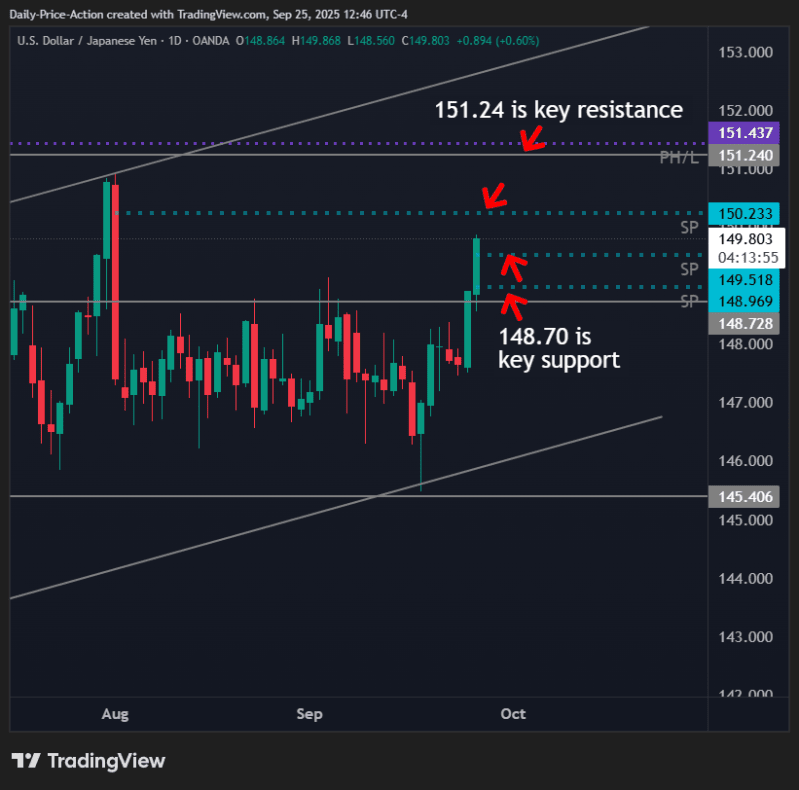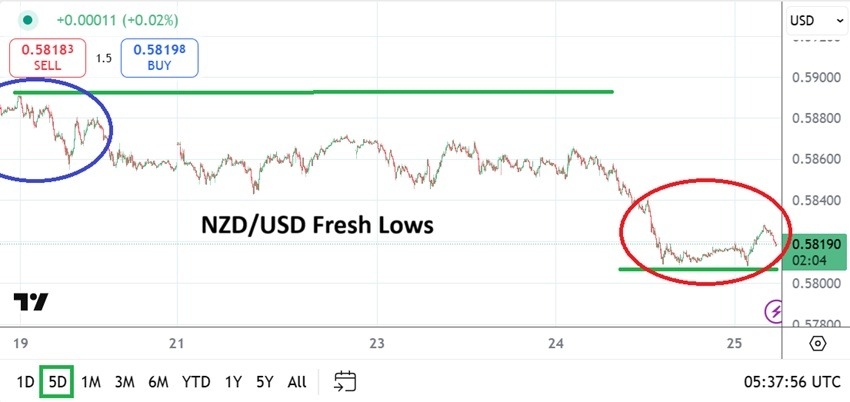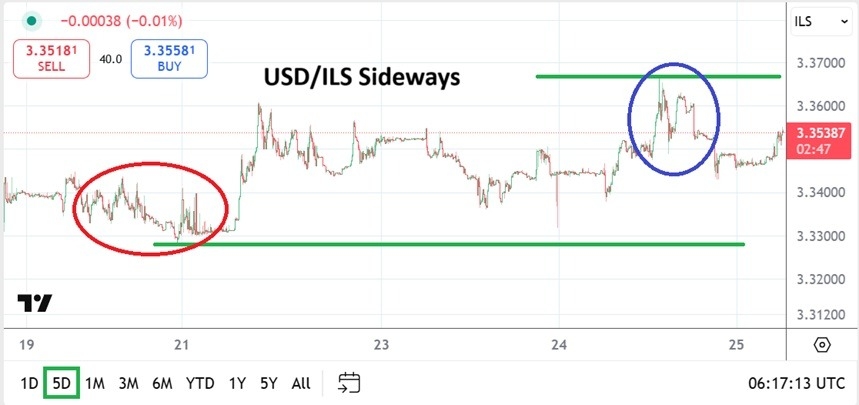There’s an opportunity to get in on the weight-loss drug craze at a reasonable price.
Remember Pfizer (PFE -1.68%), the giant pharmaceutical company that developed a COVID-19 vaccine within weeks of the pandemic hitting U.S. shores and got it approved within a year? It was the fastest vaccine development in history and a miracle of modern science. The company could clearly move quickly when it needed to do so.
Pfizer’s share price reflected that incredible success. It nearly tripled in price from March 2020 to December 2021. Needless to say, Pfizer shareholders were elated (as was just about everyone else who got the vaccine, to be perfectly honest).
But as the pandemic continues to recede into the rearview mirror, investors have been asking of Pfizer, “What have you done for me lately?” Pfizer’s latest move may help to answer that question.

Image source: Getty Images.
COVID recedes
The drugmaker stock has languished since COVID peaked, as demand for its vaccines and related drugs waned. While still around, the threat of COVID has fallen off, with the virus causing far fewer deaths and hospitalizations today. New cases of the virus have fallen off precipitously and their severity with them.
If that wasn’t enough of a knock for the drugmaker (though admittedly a boon for humanity), several of Pfizer’s other major drugs are nearing the end of their patent lives, including Eliquis for blood clots and Ibrance for breast cancer, among others.
After hitting a high of almost $60 in December 2021, the stock has fallen back to Earth and is now trading at around $24. Investors clearly want to see something new from Pfizer.
Another pandemic
Well, that something may have arrived, and just in time to treat what is considered a very different kind of pandemic for humanity, and a growing one: Obesity. (To be sure, obesity is a significant risk factor for COVID-19, too.)
Two major pharmaceutical firms already manufacture treatments for obesity, and they’re considered generally safe and effective. These drugs are known as GLP-1 drugs and have names that many people might be familiar with these days, including Wegovy and Saxenda, made by Danish firm Novo Nordisk (NVO -4.17%), and Zepbound, made by Eli Lilly (LLY -2.99%).
Last year, Novo Nordisk sold $9.9 billion of Wegovy and Saxenda, while Eli Lilly brought in $4.9 billion from Zepbound. Demand for and sales of the weight loss drugs is only expected to accelerate, and the size of the obesity drug market is forecast to hit $100 billion within five years.
More than 40% of Americans are affected by obesity. And the condition is no longer limited to wealthy nations. It is rising in poorer countries as they shift from traditional diets to processed foods high in sugar, fat, and calories.
Pfizer arrives
But — finally — Pfizer is getting into the obesity drug game. This past week, the company announced it will acquire Metsera, a clinical-stage biopharmaceutical firm that is developing several obesity drugs. The price of the acquisition is $4.9 billion.
One of Metsera’s drug candidates, known as MET-233i, can be taken less frequently than the Novo Nordisk and Lilly drugs and has proven highly effective — it helped patients in one study to lose 8.4% of their body weight in 36 days.
To be sure, Metsera’s drugs are still in development. But with Pfizer’s stock price down almost 9% year to date (from Jan. 1, 2025), now may be the time to buy. The stock is trading at just 7.7 times forward earnings, while Novo Nordisk is at 14.5 forward earnings and Lilly is trading at 25 times earnings.
That makes Pfizer very cheap by comparison. There are no guarantees in investing, but investors looking to profit on the rapidly rising popularity of obesity drugs at a reasonable price need to look at the stock now. An investment of $1,000 in Pfizer today may pay off handsomely in the coming months and years.
Matthew Benjamin has positions in Novo Nordisk. The Motley Fool has positions in and recommends Pfizer. The Motley Fool recommends Novo Nordisk. The Motley Fool has a disclosure policy.





